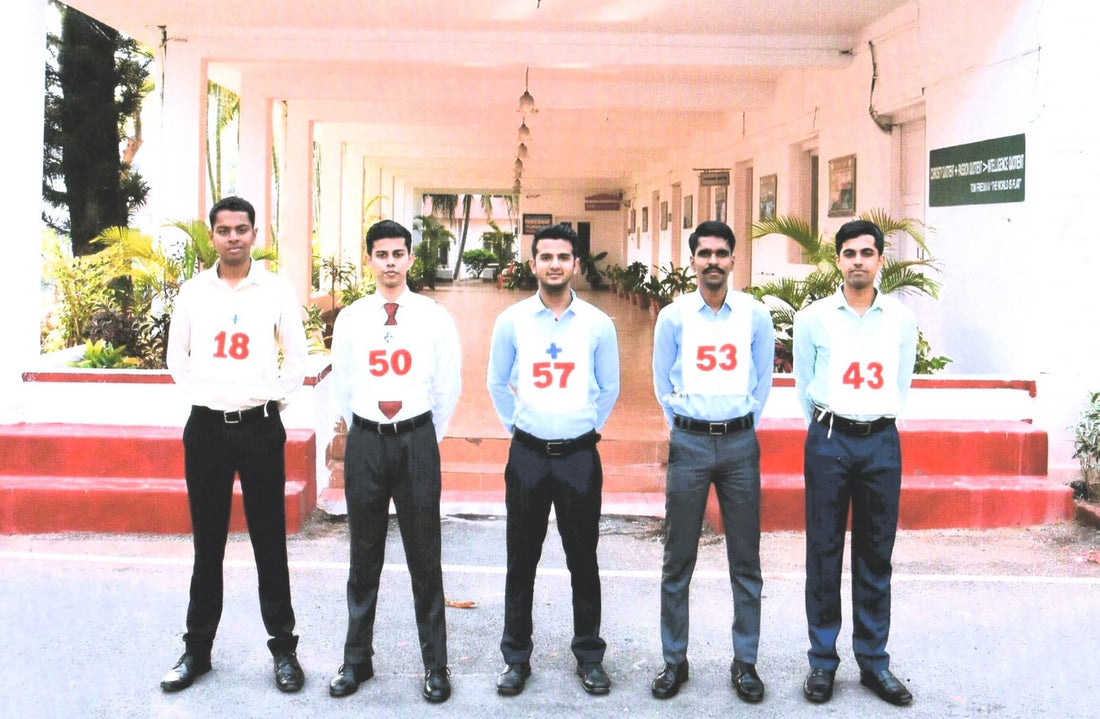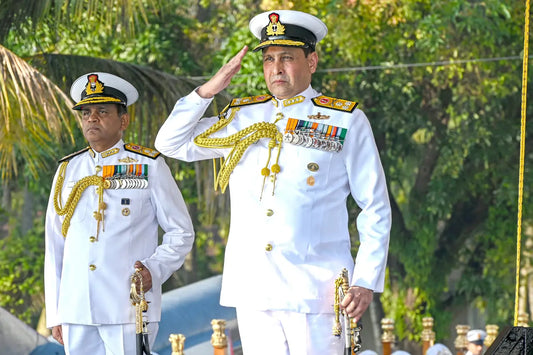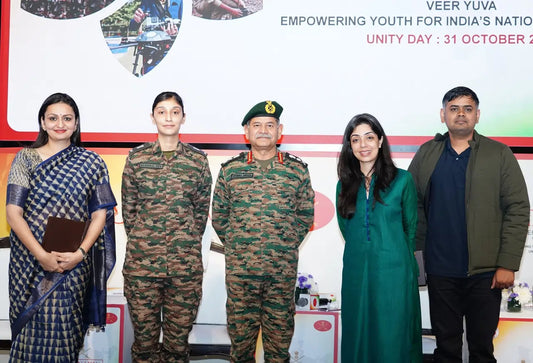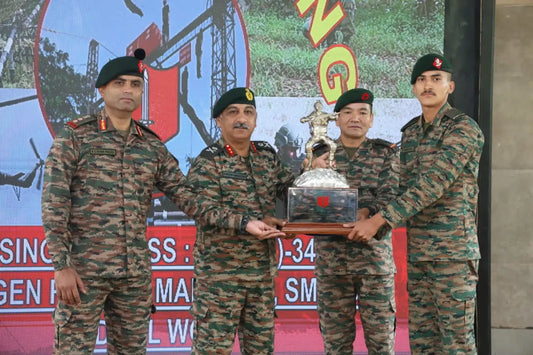Key Personal Life Questions to Ace the SSB Interview Process

The Service Selection Board (SSB) interview is a critical stage for those aspiring to join the Indian Armed Forces. Recognized for its stringent evaluation process, the interview aims to reveal the character, psychological profile, and capability of each candidate. A significant component of this evaluation involves personal life questions, which examine a candidate's background, values, motivations, and social behavior. These insights are essential for the interviewers in assessing leadership potential and suitability for military service.
The structure of the SSB interview includes several psychological tests, group activities, and personal interviews, conducted over multiple days. This comprehensive process assesses not only academic skills but also personality traits crucial for a career in the Armed Forces. Candidates should expect a range of personal questions that require them to articulate their thoughts, beliefs, and character alongside factual responses.
A clear understanding of one's family background can provide valuable insights into personality traits. Typical questions in this area may explore the meaning of the candidate’s name, the dynamics within their family, and the relationships they cherish most. Interviewers often seek to understand a candidate’s emotional intelligence and values through these inquiries.
Education plays a pivotal role in shaping a candidate's professional and personal life. Interview questions may focus on their academic journey, starting from the 10th class, and extend to extracurricular activities. Such discussions help highlight the candidate's growth experiences, teamwork, and leadership skills, providing a broader view of their interests beyond academics.
Interpersonal skills are often reflected in one's friendships and social interactions. Candidates might be asked about the kind of friends they prefer, how they are perceived by their peers, or instances where they have supported friends in challenging situations. These narratives can reveal social aptitude and collaboration skills, both of which are vital in the Defence forces.
Personal interests and daily routines often reflect a candidate’s discipline and lifestyle choices. Interview questions may delve into candidates' daily habits or hobbies, seeking to understand their creativity, exploration, and management of time. Involvement in clubs or social groups may also be discussed, highlighting the candidate’s passion and leadership potential.
A candidate's beliefs, values, and motivations are crucial for understanding how they approach life's challenges. Common questions might explore what motivates or demotivates the candidate, key life lessons they have learned, and any guiding principles or beliefs they adhere to. Such answers provide insight into their character and ethical framework.
Questions about personal relationships test a candidate's emotional intelligence. They may be asked about their romantic relationships, how their parents perceive their ambitions, or their preferences between family members. These queries can assess a candidate’s diplomatic skills and honesty.
Situational and miscellaneous questions are designed to evaluate a candidate's emotional intelligence and decision-making skills. Hypothetical scenarios may test quick thinking and survival instincts, while questions about social service can highlight empathy and selflessness. Candidates may also be challenged to articulate what sets them apart from others.
Preparing for the SSB interview involves thorough introspection and honesty in addressing personal life questions. Candidates should not only rehearse responses but also engage in self-reflection to align their personal experiences with the values required by the Defence services. Sincerity and clarity in responses are more impactful than rehearsed answers.
Candidates preparing for their SSB interview should invest in self-reflection and practice. Utilizing resources such as SSBCrack and SSBCrackExams, which provide study materials and courses, can be beneficial. Each question in the interview is an opportunity to demonstrate one's ambitions and leadership potential for a career in the Indian Armed Forces.



















